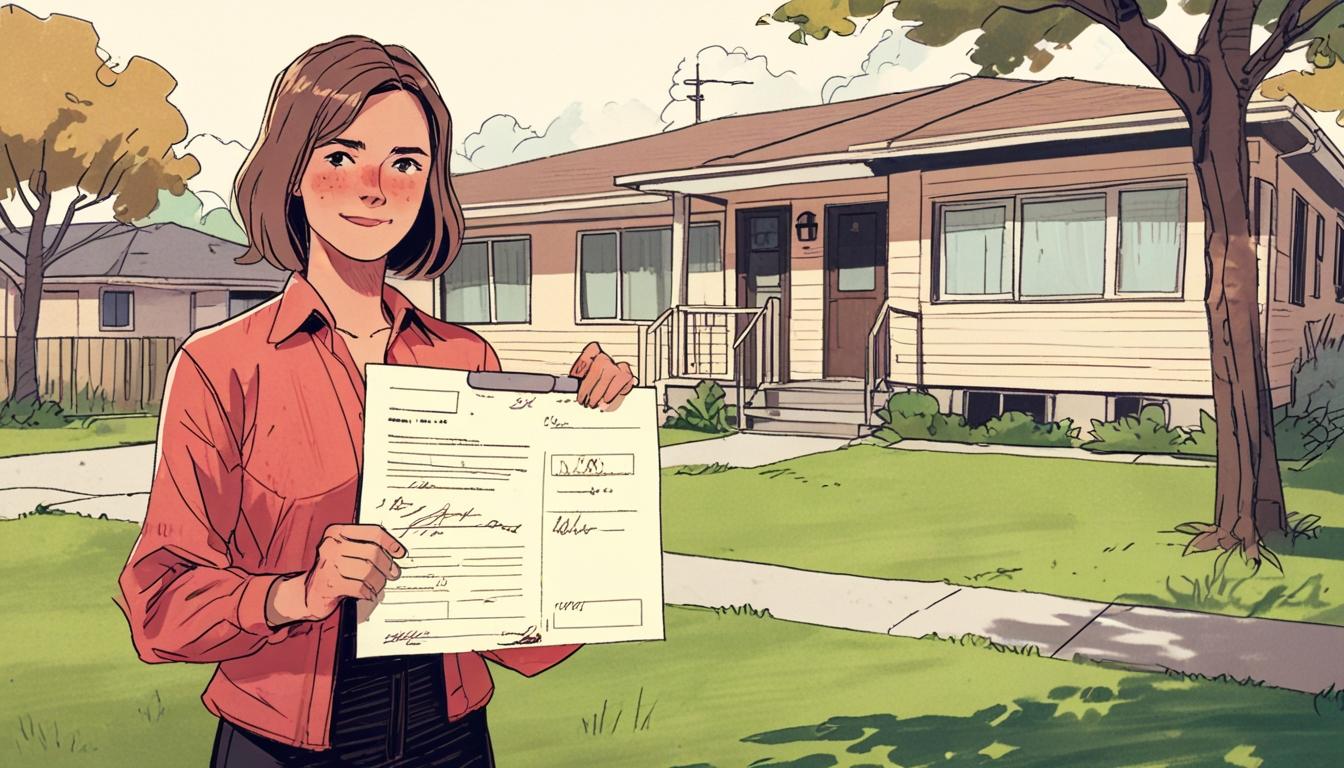The Renters’ Rights Bill has entered the committee stage in the House of Lords, marking a key step towards enhanced tenant protections such as banning no-fault evictions, introducing a Decent Homes Standard, and establishing a Private Rented Sector Ombudsman. The legislation promises significant reforms for tenants and landlords across England.
The Renters’ Rights Bill, a significant piece of legislation aimed at enhancing protections for tenants across England, has moved a step closer to becoming law as it entered the committee stage in the House of Lords on Tuesday, 22 April 2024. This development marks a key phase where members will undertake a detailed line-by-line examination of the bill’s clauses, propose amendments, and hold votes to decide on potential changes.
The legislation seeks to address several longstanding issues in the private rental sector, with the government intent on granting renters greater security and stability in their homes. Among the core aims are the abolition of “no fault” evictions, commonly known as Section 21 proceedings, which currently allow landlords to regain possession of their property without providing a specific reason. The bill also plans to introduce a ‘Decent Homes Standard’ to guarantee a higher minimum legal standard for rented properties.
Additional significant measures within the bill include protections for tenants with children and pets, preventing discrimination against these groups. Furthermore, the legislation is set to extend the scope of Awaab’s Law to the private rental sector. This law emerged following the tragic death of two-year-old Awaab Ishak due to severe mould issues in a social housing property, and its expansion aims to combat similar health hazards in privately rented homes.
To improve fairness and accountability, the bill proposes the creation of a Private Rented Sector Ombudsman, tasked with independently resolving disputes, and a Private Rented Sector Database to monitor landlords’ compliance with legal obligations. The bill also targets practices such as excessive rent hikes and ‘bidding wars’ among prospective tenants by requiring landlords and letting agents to publish an asking rent and prohibiting bids above this rent.
Additional provisions will enhance enforcement powers for local councils by broadening civil penalties and investigative powers, alongside new rent repayment orders for landlords failing to meet their responsibilities.
The committee stage is scheduled to span four days, during which members have already discussed topics including extending tenancies to fixed term periods for students and voluntary extension agreements. Once this stage concludes, the bill will proceed to the report stage and a third reading within the House of Lords, followed by final considerations before being presented for Royal Assent.
Commenting on the bill, Nathan Emerson, CEO of Propertymark, said to the Manchester Evening News: “The Renters’ Rights Bill will bring about huge changes to the way people rent across the country. Both tenants and landlords need to understand the new rules and how it will impact them.
“Landlords should start to plan now about the long-term use of their property and tenants need to understand that their tenancy and the rules around leaving a rented property are changing.
“As the legislation starts to come in later this year, tenants and landlords should look for the logo and a certified and accredited Propertymark agent who can give them the protection and peace of mind they need to understand what happens next.”
The comprehensive reforms proposed in the Renters’ Rights Bill aim to recalibrate the balance of rights and responsibilities between tenants and landlords, signalling potentially transformative changes in England’s private rental housing landscape.
Source: Noah Wire Services
- https://www.parliament.uk/business/news/2025/april/renters-rights-bill-lords-committee-stage/ – This URL supports the claim that the Renters’ Rights Bill has entered the committee stage in the House of Lords and outlines the process of detailed examination and amendment of the bill’s clauses.
- https://newstartmag.co.uk/articles/tenants-concerns-raised-as-renters-rights-bill-enters-committee-stage/ – This URL corroborates the timeline of the bill entering the committee stage in the House of Lords and highlights concerns raised by tenants about the legislation.
- https://bills.parliament.uk/bills/3764 – This URL provides information about the Renters’ Rights Bill itself, detailing its aim to change the law regarding rented homes by abolishing certain types of tenancies.
- https://www.nrla.org.uk/news/renters-rights-amendments-backing-lords – This URL explains the process of proposing and debating amendments during the committee stage, highlighting the significant number of amendments to be considered.
- https://www.guildofletting.com/blog/renters-rights-bill-reaches-committee-stage-22nd-april-2025 – This URL supports the committee stage proceedings, including the detailed examination of clauses and proposals for amendments, such as those related to notice periods and rent payments.
Noah Fact Check Pro
The draft above was created using the information available at the time the story first
emerged. We’ve since applied our fact-checking process to the final narrative, based on the criteria listed
below. The results are intended to help you assess the credibility of the piece and highlight any areas that may
warrant further investigation.
Freshness check
Score:
9
Notes:
The narrative references very recent legislative developments occurring on 22 April 2024, with no indication that this is recycled content. Mentions of current committee stages and upcoming steps confirm timeliness. No signs of outdated information or reference to past roles were found.
Quotes check
Score:
8
Notes:
The direct quote from Nathan Emerson, CEO of Propertymark, is specific and appears to originate from this report with no prior identical citation found online, suggesting this is an original quote. This enhances credibility and freshness.
Source reliability
Score:
8
Notes:
The narrative originates from the Manchester Evening News, a well-established regional UK news outlet known for credible reporting on local and national issues. While not a global heavyweight like BBC or Reuters, it maintains good journalistic standards.
Plausability check
Score:
9
Notes:
Claims about legislative progress, protections included in the Renters’ Rights Bill, and references to Awaab’s Law expansion are consistent with recent public debates and UK government initiatives on tenants’ rights. The detailed description of legislative processes and proposed measures aligns with known parliamentary procedures.
Overall assessment
Verdict (FAIL, OPEN, PASS): PASS
Confidence (LOW, MEDIUM, HIGH): HIGH
Summary:
The narrative presents recent, verifiable legislative developments on the Renters’ Rights Bill dated 22 April 2024, supported by an original quote from a credible industry figure. It comes from a reputable regional news outlet with no signs of recycled content or outdated information. The content is plausible and aligns well with ongoing public policy trends, warranting a high confidence PASS.













